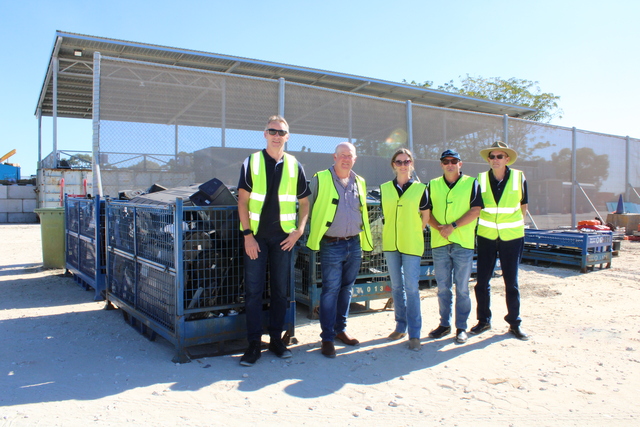With 40 per cent of councils struggling to secure qualified urban and town planners, the Australian Local Government Association has welcomed the opening of applications and release of guidelines for the Federal Government’s new $500 million Housing Support Program.
Through the first round of the program, state, territory and local governments can access funding to improve planning capacity as well as streamline planning processes.
ALGA President Cr Linda Scott said the group’s research showed 40 per cent of councils were struggling to secure qualified urban and town planners, which was “holding us back from facilitating more affordable housing in our communities”.
“We have been advocating for more support to increase our planning capacity and capability and are thrilled the Government has responded with this new funding program,” she said.
“It’s also encouraging that the Housing Support Program will fund important pre-planning work such as master planning or assessing hazards to improve the resilience of new housing developments.
“I urge all councils to consider applying for this new funding before the deadline of 29 April 2024.”
Cr Scott said local governments were committed to helping deliver the Commonwealth’s ambitious housing targets and enable vital infrastructure investment in new housing developments.
“However, we can’t effectively address the nation’s housing crisis by simply building more houses – we also need to build more parks, libraries, playgrounds, recreation centres and swimming pools,” Cr Scott said.
“ALGA is calling for the Housing Support Program to be increased from $500 million to $750 million in the upcoming Federal Budget, with the additional $250 million available to local governments for infrastructure to improve the liveability of new housing developments.”
Cr Scott said local governments also look forward to seeing the Government’s revised Trajectory for Low Energy Buildings and the Net Zero Built Environment Sector Plan to provide improvements in housing affordability and liveability.
“Our communities want and deserve higher quality buildings that are safer, more resilient and energy-efficient,” Cr Scott said.
“We also want to reduce the extra costs being incurred by local governments for providing services to poorly designed developments and neighborhoods.”








